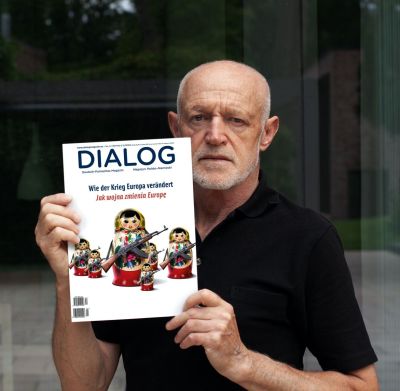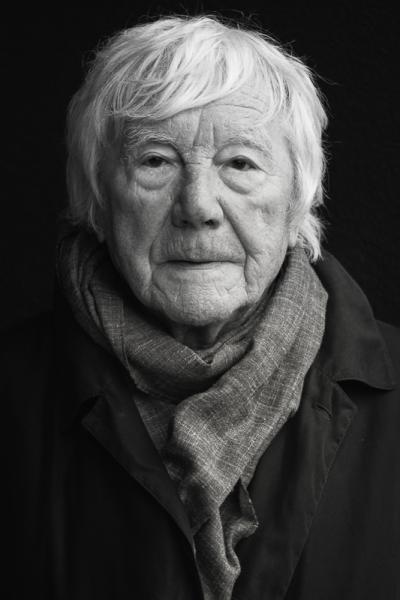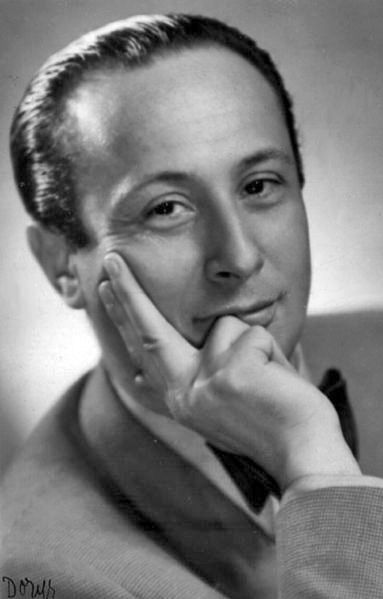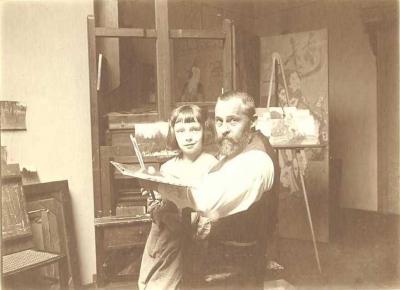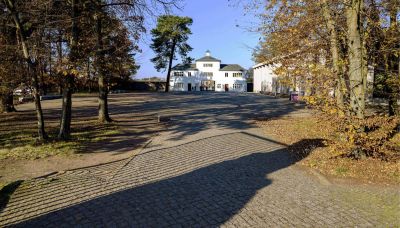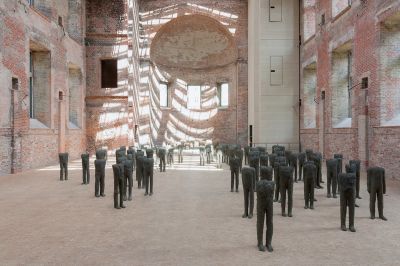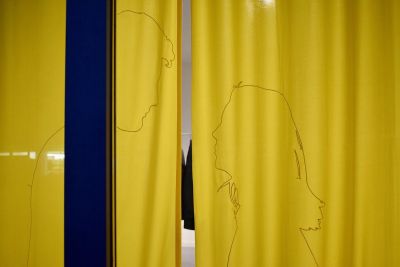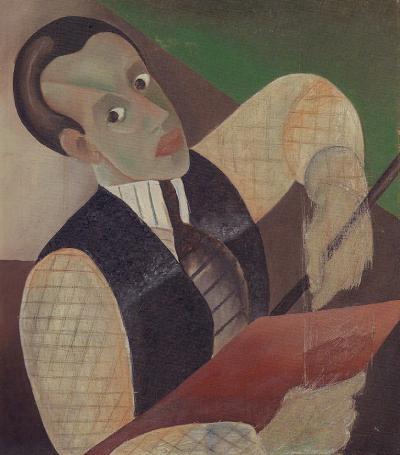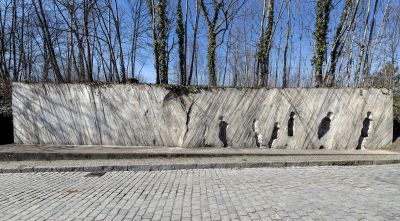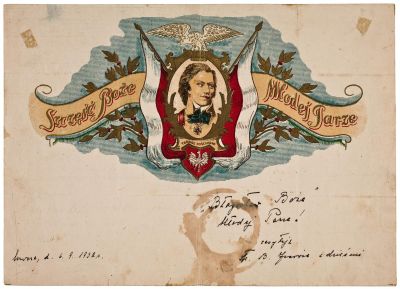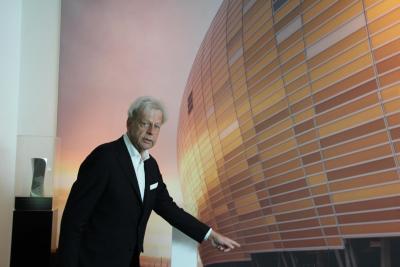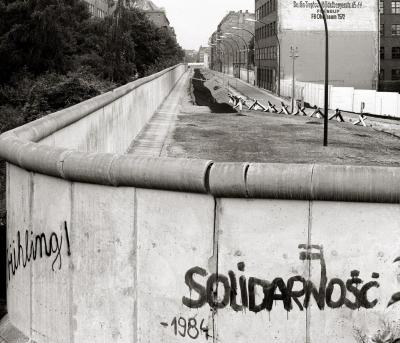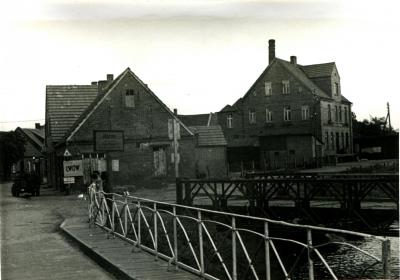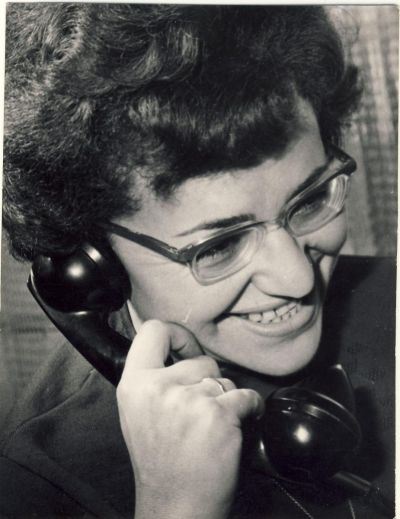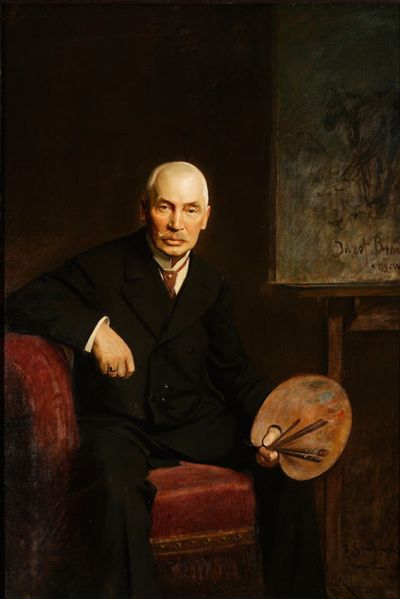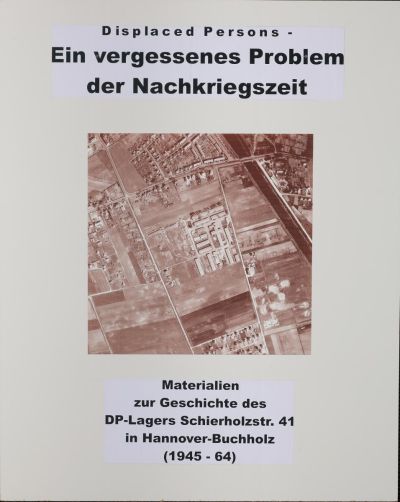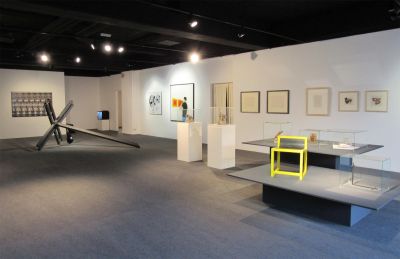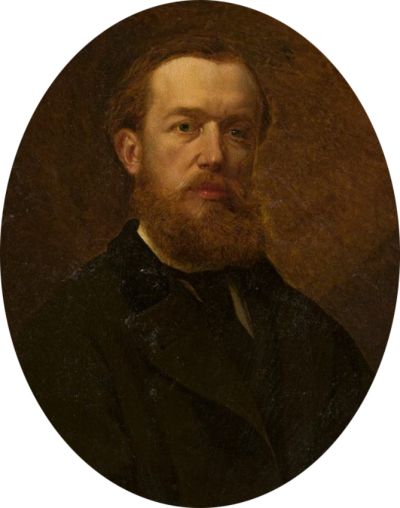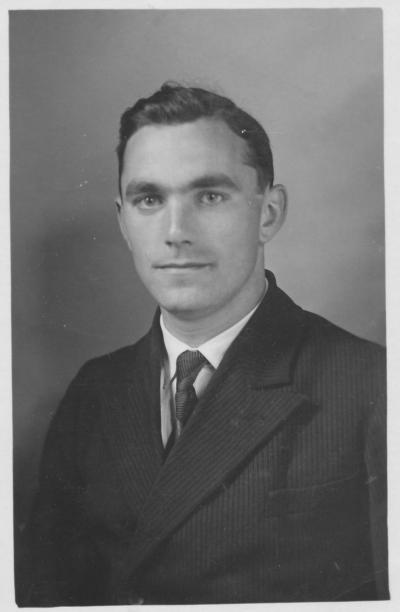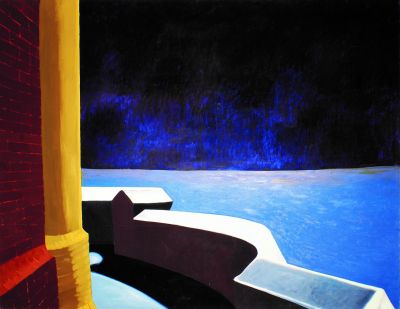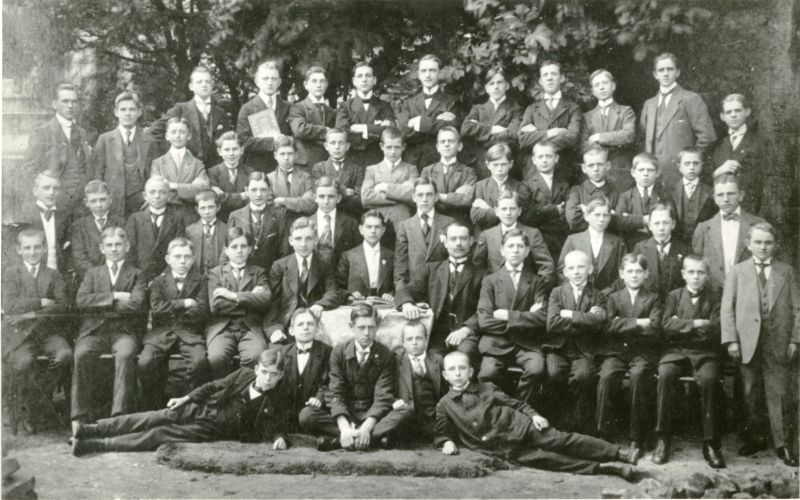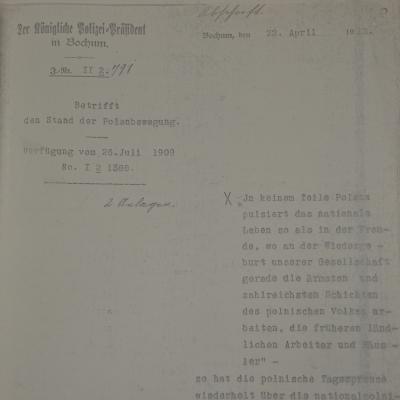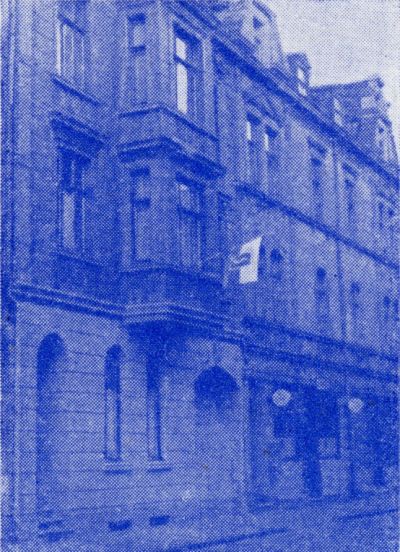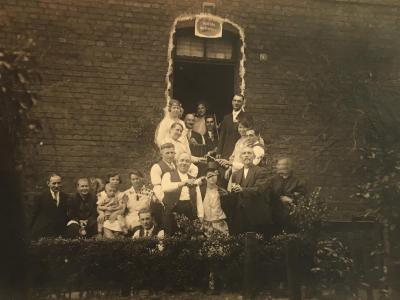The Ruhr Poles
Mediathek Sorted
-
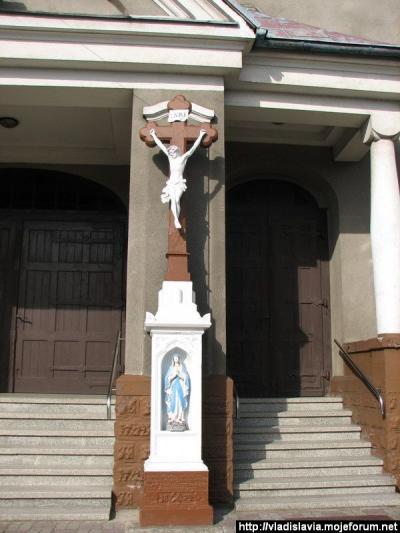
-
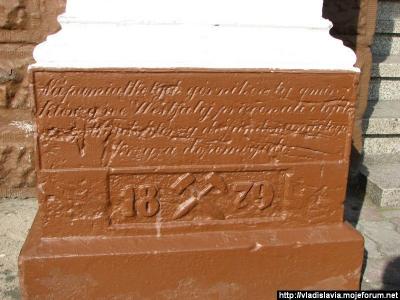
-
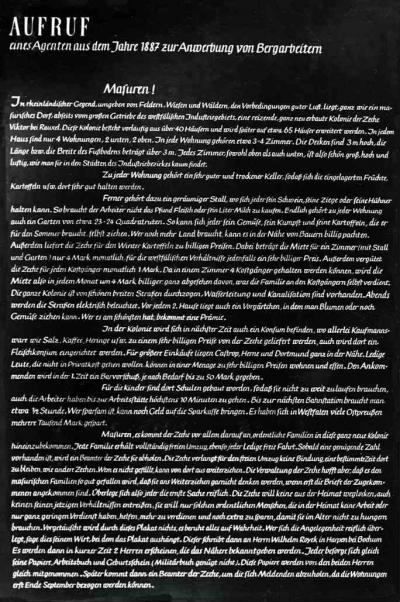
-
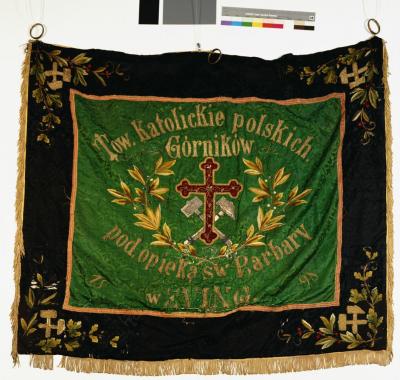
-
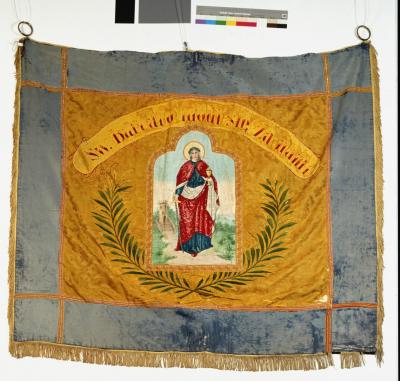
-
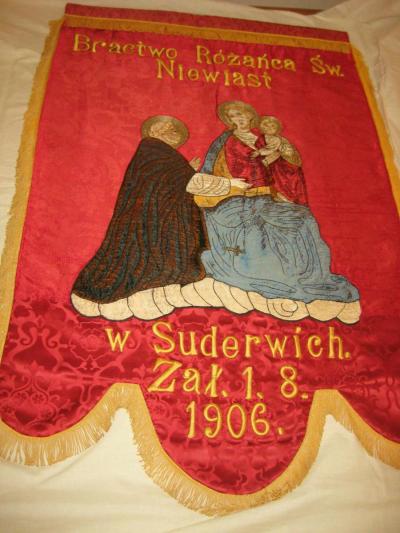
-
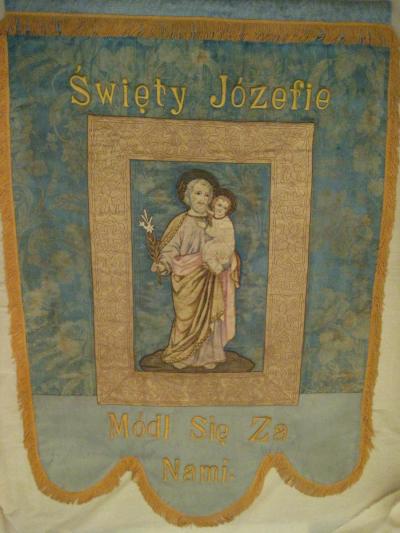
-
![Flag of the Mickiewicz Choral Society from Oberhausen 1898, front Flag of the Mickiewicz Choral Society from Oberhausen 1898, front - Flag of the choral society "Mickiewicz" from Oberhausen, founded on 30 May 1898, inscription on the back: "Cześć Pieśni" [honour to the song]](/sites/default/files/styles/width_100_tiles/public/assets/images/gesangverein_mickiewicz_fahne_2.jpg?itok=XgzeW2hv)
-
![Flag of the Mickiewicz Choral Society from Oberhausen 1898, reverse Flag of the Mickiewicz Choral Society from Oberhausen 1898, reverse - Flag of the choral society "Mickiewicz" from Oberhausen, founded on 30 May 1898, inscription on the back: "Cześć Pieśni" [honour to the song]](/sites/default/files/styles/width_100_tiles/public/assets/images/gesangverein_mickiewicz_fahne_1.jpg?itok=z2SaZxxf)
-

-

-
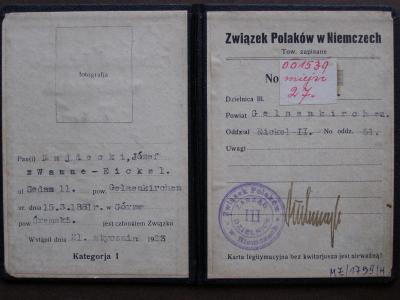
-
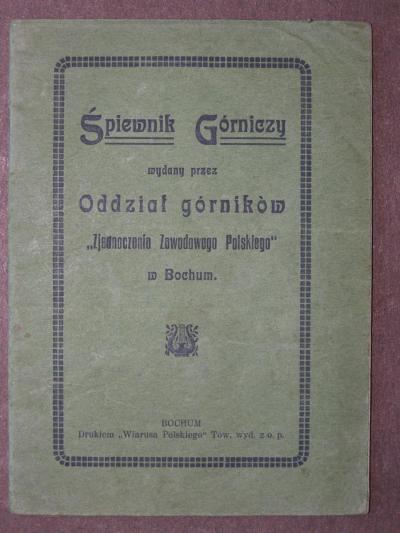
-
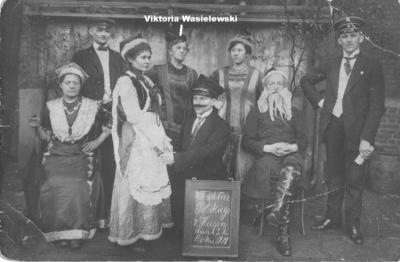
-
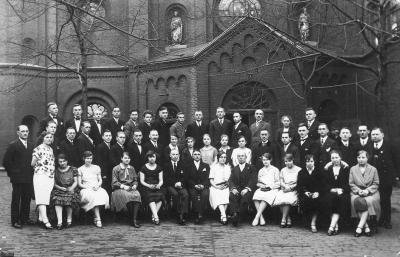
-
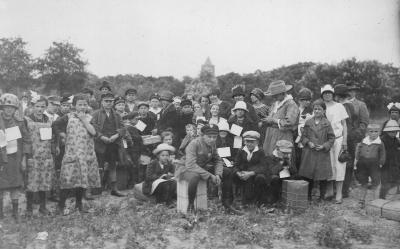
-
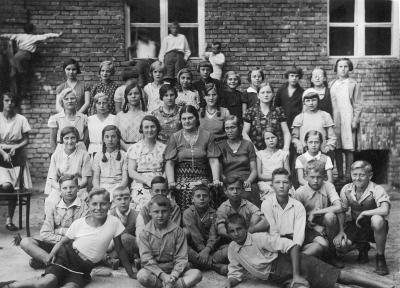
-
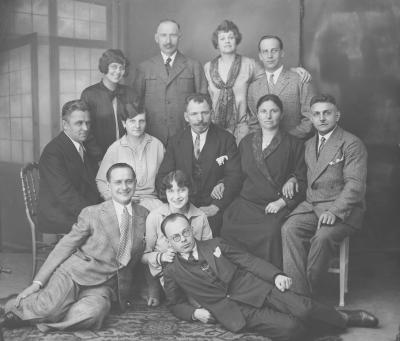
-
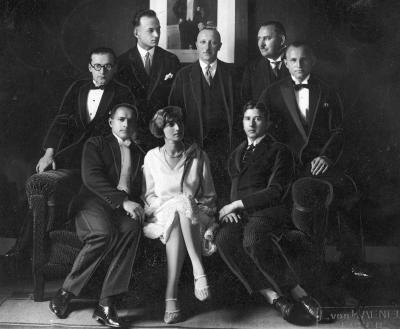
-
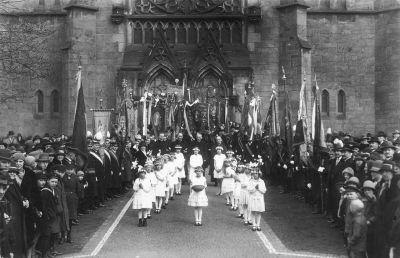
-
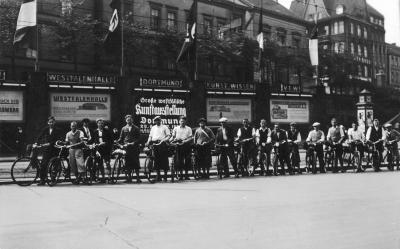
-
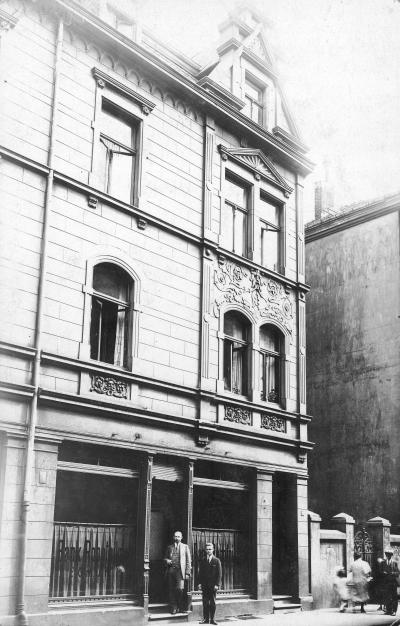
-
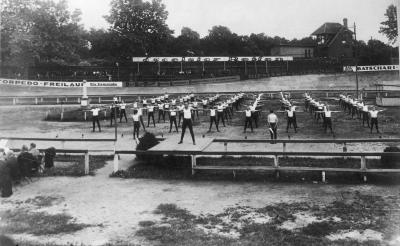
-
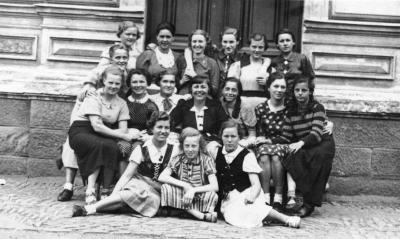
-
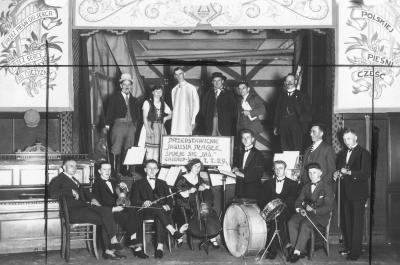
-
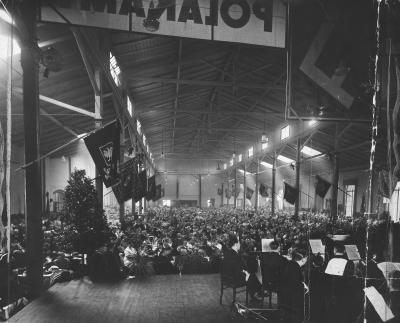
-
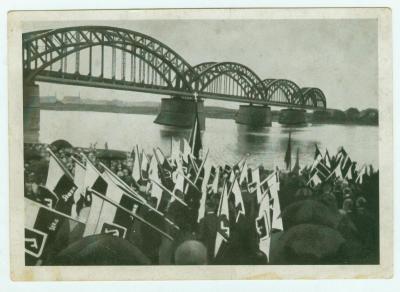
-
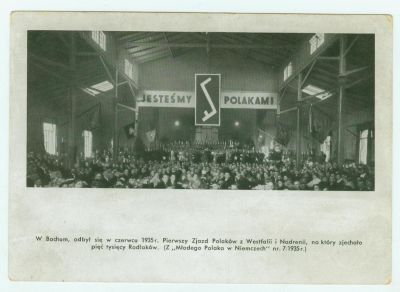
-
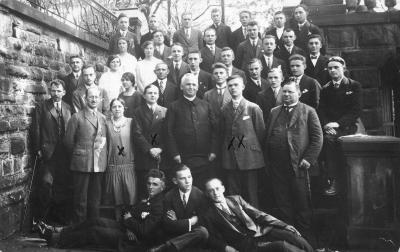
-

Die „Ruhrpolen“ - Hörspiel von "COSMO Radio po polsku" auf Deutsch

On a social level, many women in the Ruhr region fought to liberate themselves from family and domestic duties by joining the local Rosary Societies and Elisabeth Associations. These associations, which were usually initiated and supported by the local pastors, were religiously oriented and offered the women a chance to make social contacts within and beyond their own group, and thus join a German-speaking female community. Polish national circles sharply criticised the establishment of Elisabeth Associations among women of Polish origin in particular. At the same time, however, they failed to provide an alternative for many years: Polish national women's associations only emerged shortly before the outbreak of the First World War.[40] Criticism of the women in the Ruhr region by national Polish circles increased sharply with the growing tendencies towards acculturation with the local (German) society, the striving for participation and social advancement, and the lack of interest in the national cause: "Unfortunately it has to be admitted that Polish women and especially our girls look down on Polish books [...] Others renounce their mother tongue because they are persuaded to do so in favour of so-called German refinement".[41]
When national Polish circles became aware that tendencies towards integration and acculturation also affected the following generations, criticism of the women and mothers in the Ruhr region became coarser and harsher. National activists argued that they had a duty to ensure the development of a Polish national consciousness and the continued existence of the nation: "How miserable it looks when a mother who doesn't understand a word of German happily boasts that her children at home only speak German. What can one ever expect from such a family, not even a small spark of love for what is dear and noble to us? [...] The power of national rebirth is based on giving our children a good upbringing."[42]
Indeed, after three or four decades of immigration, acculturation and assimilation tendencies were unmistakable among the Ruhr Poles. Many children and sometimes even grandchildren of emigrants had been born in the Rhine and Ruhr regions and only knew their (grand-)parents' native country from visits or stories. According to Prussian birth statistics, by 1914 79,000 children had been born into Polish-born families in Westphalia.[43]The actual figure may have been much higher due to the problems with Prussian statistics described at the top. In the course of time and against the background of decreasing opportunities to return to their homeland, many Ruhr Poles adjusted themselves to life in western Germany and acted accordingly. Among other things, this had a negative effect on the linguistic abilities of the following generations, which greatly enraged national activists: "We know that when the language diminishes, the nation simultaneously declines [...] This is known to every Pole and yet - how many thousands of Polish children degenerate every year. We rightly complain about Prussian oppression, and point to the barbaric demands of these predators. Even greater enemies, however, are the Polish parents who want their children to be Germanised.[44]
[40] Puhl, Bertinus: Die polnischen Vereine im rheinisch-westfälischen Industriegebiet und die katholischen Seelsorger, Freiburg i. Br. 1918 (Kirche und Religion im Revier. Beiträge und Quellen zur Geschichte religiöser und kirchlicher Verhältnisse im Werden und Wandel des Ruhrgebiets, 1968), p. 48; StA Hattingen, SHC01-397, Übersetzungen…, No. 11, 1913, Kindererziehung – Deutsche Bücher – Elisabethvereine, in: Narodowiec, No. 57, 10. March 1914.
[41] StA Hattingen, SHC01-395, Translations, Bericht über den Verlauf der am 27. April 1913 in Dortmund, Hirtenstr. 17, im Saale des Wirts Tobien stattgefundenen öffentlichen Polenversammlung.
[42] Stadtarchiv Hattingen; SHC01-398 Polnischer Wahlverein 1911–1928; Abschrift, translations…, No. 24, 1911, 9. June 1911, Denken wir an unsere Kinder!, in Postemp, No. 130, 9. June 1911.
[43] Wachowiak: Polacy, p. 36.
[44] StA Recklinghausen, translations…, No. 5, 1910, Wer gräbt Polen das Grab?, in: Wiarus Polski, No. 25, 1. February 1910, Bl. 215–216.





